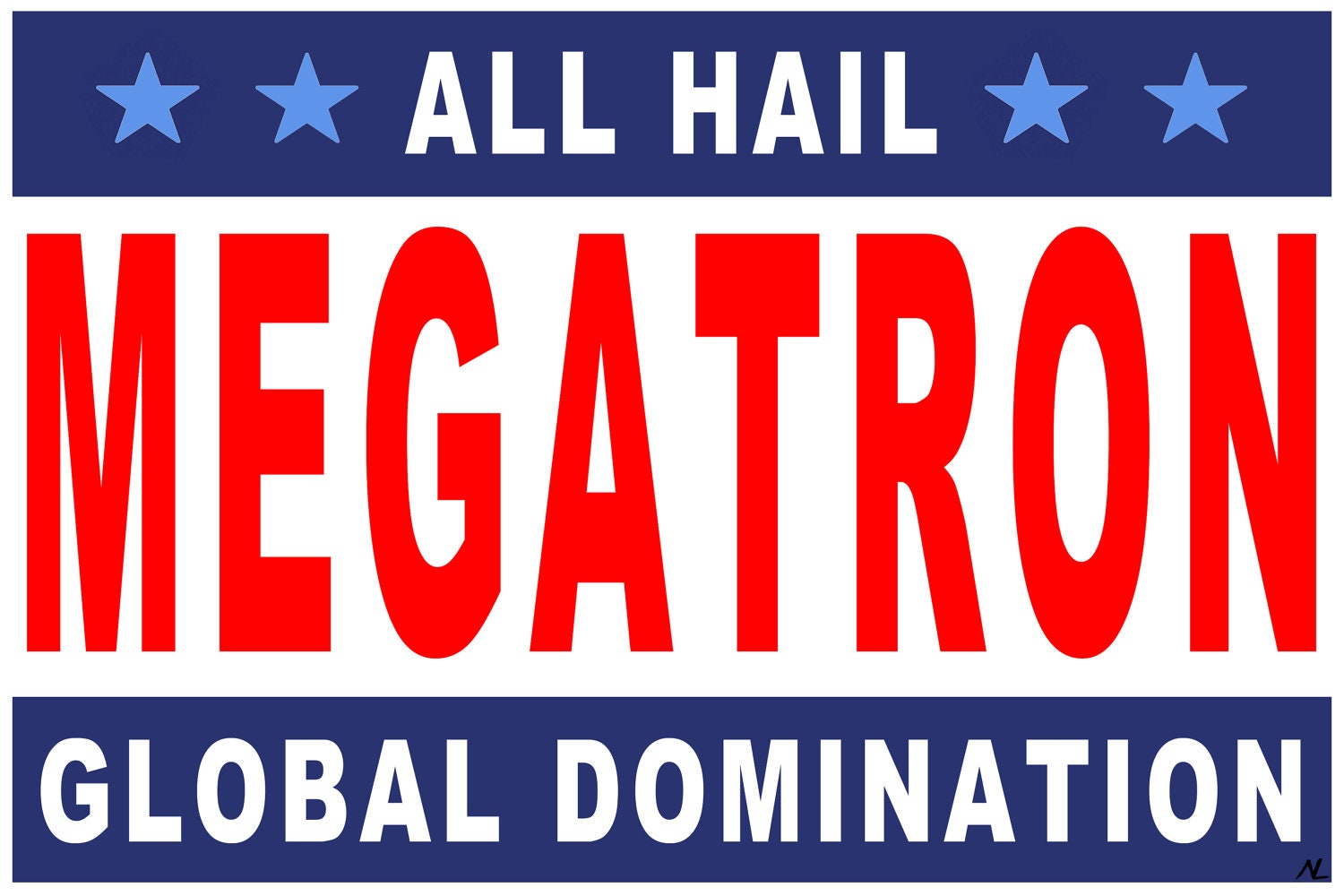It’s often considered that science and religion cannot be in the same room without a fight breaking out. Yet, many aspects of science fiction involve belief in a greater power or veneration of something. In fantasy it’s often a given that there will be a religious aspect, some stories even involving gods/goddesses themselves. Science fiction hasn’t shied away from this either often exploring themes of faith, recreating history and delving into deeply religious cultures. Yet science fiction in general is seen to be the antithesis of spirituality. One cannot be analytically and religious at the same time. One is said to be exclusive of the other. Science dealing with fact and observable phenomenon while religion deals with faith and belief in the things unseen.
Many people have used science fiction to explore religion, either to deride and mock it or to question it’s place in our cultures. It cannot be ignored that humans have an innate desire to look to something greater. It’s shown in every culture, race and people the world over. This is often reflected in our literature.

As an avid fan of the Transformers franchise in all it’s forms I’ve noticed something. I’m not the only one either. Many fans have pointed out the fact that the base story line in Transformers can be compared to the Christian allegory. Optimus Prime as the Savior who is sacrificed. Megatron as the devil from the Pit bent on world domination. Being either an Autobot or a Decepticon has over arcing moral implications. The Cybertronian culture as a whole was very religious for a bunch of oversize sentient robots. They had their gods The Primes.
![]()
It was a deeply personal decision for a Cybertronian when it came to choosing a faction to join. According to the new aligned continuity most of the Decepticons came from the working class or the slave laborers in the Pits. Megatron promised freedom from the elitist tyranny that had existed for eon. Then he granted it, but at a tremendous price. Many Cybertronians looked upon him as a god, their Savior. Others new differently. The true Savior had to be chosen by the Matrix. The Matrix chose Orion Pax the humble clerk not Megatronus the proud gladiator.
If any of this sounds familiar, it should. Its the same trope used in Star Wars and many fantasy novels/series. The unsuspecting and humble hero is plucked from obscurity and told Destiny awaits. Its the story of the Messiah told with metal and energon instead of flesh and blood. Star Wars had Jedi and Sith instead of angels and demons.
Religion factors heavily into everyone’s life whether they are aware of it or not. Science fiction doesn’t gloss over this and shouldn’t. We crave a god but also fear having to be responsible to that god. Just be glad it’s not Megatron.
Related articles
- Defining science fiction . . . (religioninsf.com)
- Required Science Fiction: A Top 10 List (readmorebooks.wordpress.com)
- Religion in Science Fiction: Doctor Who (May 2009) (onlyagame.typepad.com)

But what if God hates religion? LOL
Read the gospels and think about it. Wasn’t JC killed by a religious priesthood? Could the gospels be polemics against organized religion? Of course no Christian priesthood is going to promote that perspective.
But if any God did create the universe by whatever means over whatever time then science is obligated to figure it out and track His Ass down. LOL
http://www.quantumcritics.com/20080302438/miscellaneous/general/star-trek-meets-the-bible.html
I think that’s a great perspective! I love that we can explore such themes in science fiction.